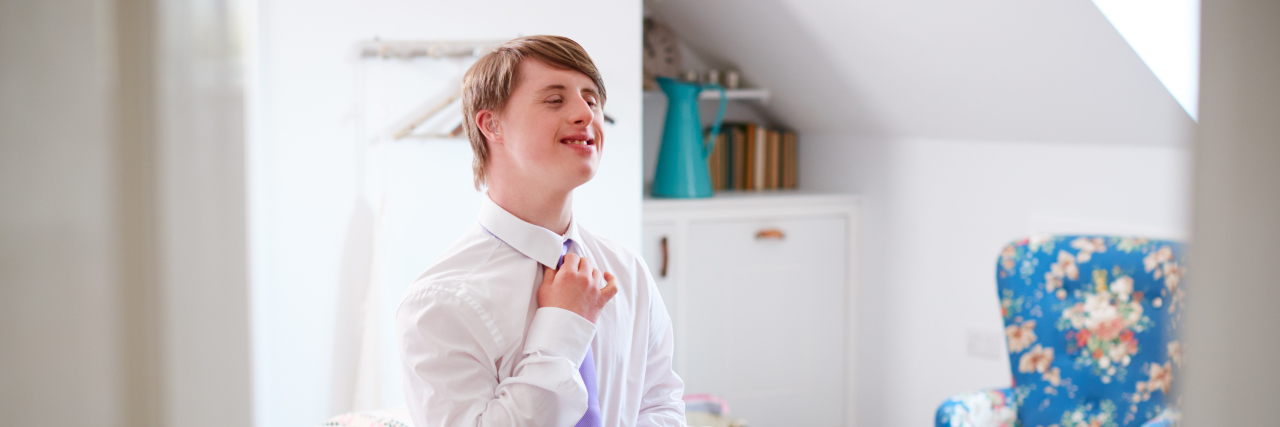My father is a high school counselor and primarily works with the students in his school’s expansive special education program. He could share countless stories of words and actions that have damaged these students’ confidence, but what hurts them the most? The overwhelming answer is the use of the word “retarded.”
The r-word has transitioned from a genuine term in medical contexts 40 years ago to one with only negative connotations today. Indeed, the only way it gets used today is as an insult. For this reason, it is now widely considered degrading even if used in its original context. But beyond just a word, ignorant assumptions also hurt these individuals.
A junior with cerebral palsy said, “Just because I am in a wheelchair and can’t walk like everyone else, people make fun of me and call me names. I’m in two honors classes; let’s talk about that instead.”
“I really hate people who judge and don’t even know me,” said a sophomore with ADHD and anxiety. “My brain works a little differently and I learn differently. What I have is not that unique. I shouldn’t be thought of as different, let alone called something different and rude.”
A special education teacher for the last 12 years, when asked about the use of the R-word, added, “Oh, that word makes me cringe. Some people really show their level of education and maturity when they use words like that.”
“That really aggravates me,” one of my father’s school’s psychologists said. “Goes to show there are still so many people out there that are uneducated about what special education is and can be.”
Special Olympics, a global inclusion movement using sports, health, education, and leadership programs to end discrimination against and empower people with intellectual disabilities, and Best Buddies, an organization dedicated to creating opportunities for one-to-one friendships, integrated employment, and leadership development for people with intellectual and developmental disabilities, continue to “Spread the Word to End the Word” in the 11th year of their campaign against the R-word.
The push to cleanse the R-word from conversation began to pick up speed in 2009, when two Special Olympics interns decided to focus on the word. They engaged student leaders on college campuses to launch a day of action around pledge drives to stop using the word. The national awareness day to “Spread the Word to End the Word” takes place on March 4.
Around the world, exclusion and discrimination continue to divide people with and without intellectual and developmental disabilities. Instead of using the R-word as an insult, why don’t we celebrate our differences and replace it with a different R-word: respect.
We must be advocates for the use of language that respects the dignity of people with mental and physical disabilities because they deserve as much respect as anyone else. Individuals with intellectual and developmental disabilities deserve to enjoy life without demeaning language that suggests they are “less than human.” Many people who use the R-word are simply unaware of how hurtful it can be.
As stated on Spread the Word’s website, “In 2019, Spread the Word to End the Word became Spread the Word, with a focus not just on the elimination of a word but on the creation of a new reality: inclusion for all people with intellectual and developmental disabilities.” We need to take action and challenge each other to be inclusive for all, and that can start with eliminating the R-word from our vocabulary.
Ellen Seidman, whose son Max has cerebral palsy, said, “It starts with thinking about a word, but I want it to translate into the way people treat others with disabilities. It’s about helping to see people with cognitive impairments as great people, as competent people, as people who can contribute in so many ways to our society.” We must think about the weight of the R-word, as well as how we treat individuals with intellectual and physical disabilities.
Organizations like Special Olympics and Best Buddies need our help to change the conversation and to promote the new R-word: respect.
These conversations can’t begin on their own.
They start with us.
Getty photo by Monkey Business Images.

